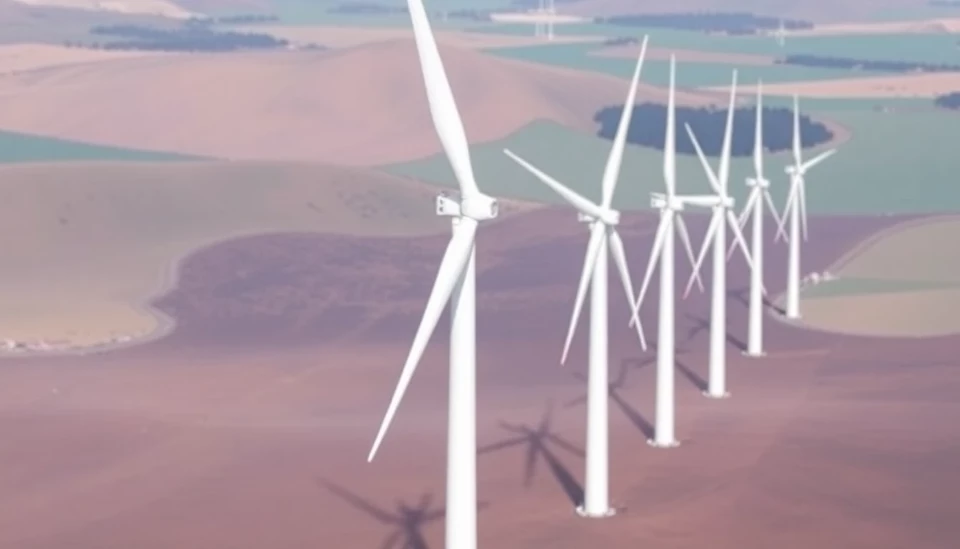
In a significant development for renewable energy in the United Kingdom, the government has announced it will spend an eye-watering £1 billion to compensate for an unprecedented amount of wind power that went unutilized. The situation arises as the UK grapples with record levels of wind energy generation, demonstrating both the promise and challenges of harnessing renewable resources.
According to the latest data, the UK has been generating more wind energy than it can effectively use, particularly during times of low demand. This mismatch has forced energy providers to resort to curtailing wind output, effectively wasting the electricity that winds off their turbines. Reports indicate that renewable energy sources, particularly onshore and offshore wind farms, have been generating more power than anticipated, leading to surpluses that range into gigawatt levels during peak production times.
This oversupply not only represents a loss of potential energy but also poses financial challenges as the UK energy market is structured in such a way that it encourages the generation of renewable energy even when it cannot be consumed. The government is now grappling with the implications of paying energy producers for power that is wasted, which critics argue could be better spent on investing in energy storage solutions or grid improvements to handle this surplus more efficiently.
The decision to allocate £1 billion to address these inefficiencies has sparked a debate about how best to manage the UK's ambitious renewable energy targets. On one side, proponents argue that incentivizing wind production is essential for progressing toward net-zero emissions. Others counter that smarter management strategies must be implemented to ensure that taxpayers and consumers are not penalized for excessive green energy generation.
This financial burden also raises questions about the long-term viability of relying heavily on wind energy, especially as the seasons change and the availability of wind can fluctuate. Experts warn that without significant investments in energy storage technologies, this pattern of overproduction and waste could become a recurrent challenge for the UK as it continues to transition away from fossil fuels.
In response to these challenges, policymakers are being urged to consider various options beyond mere financial compensation for wasted power. Many suggest that enhancing energy storage capabilities, such as large-scale battery systems or other innovative technologies, could mitigate the issue significantly. Moreover, investments in grid infrastructure are essential to accommodate the growing influx of renewable energy, ensuring that it can be reliably distributed where it's needed the most.
As this situation unfolds, the UK finds itself at a crossroads in its energy future. The path taken in the coming months will not only influence its financial standing but also shape the global narrative on renewable energy utilization and efficiency.
In conclusion, while the push for greener energy sources is laudable, the recent situation illustrates a critical need for more sophisticated energy management systems that can adapt to the ebbs and flows of wind energy production.
#UK #WindPower #RenewableEnergy #EnergyStorage #ClimateChange #Sustainability #EnergyPolicy #NetZero
Author: Sophie Bennett




